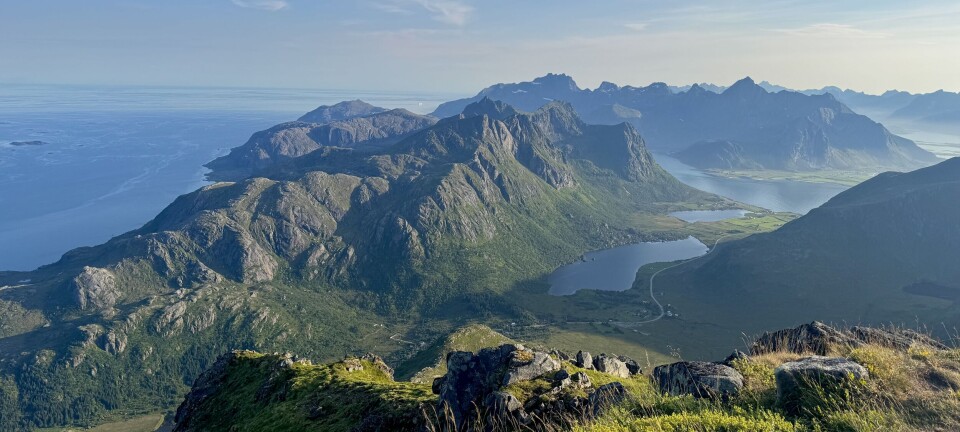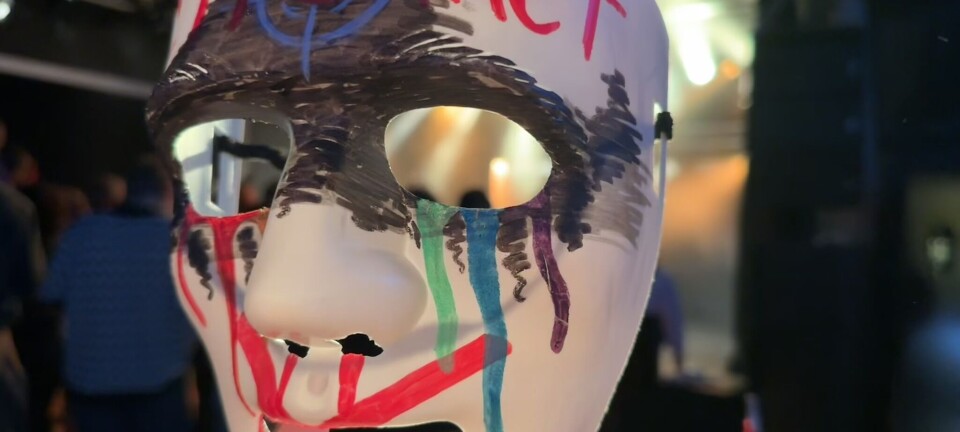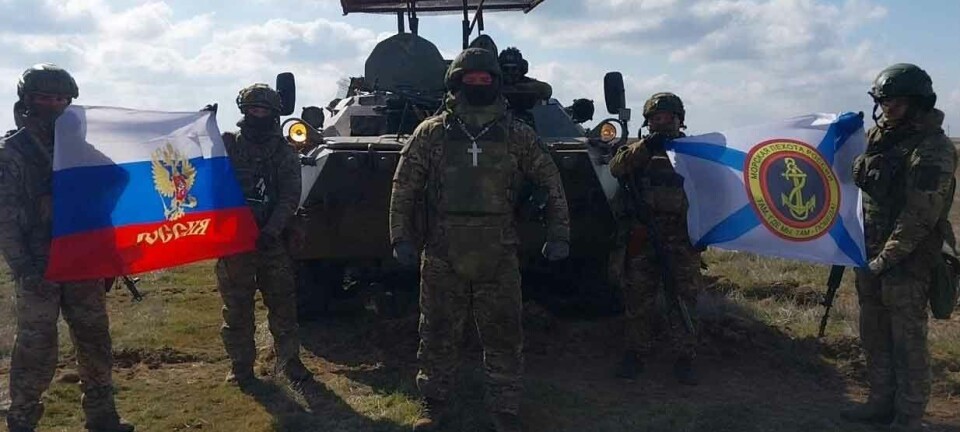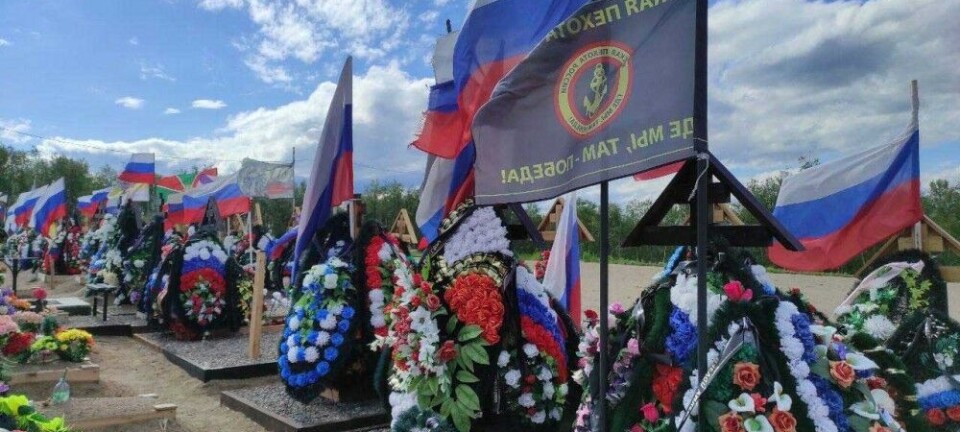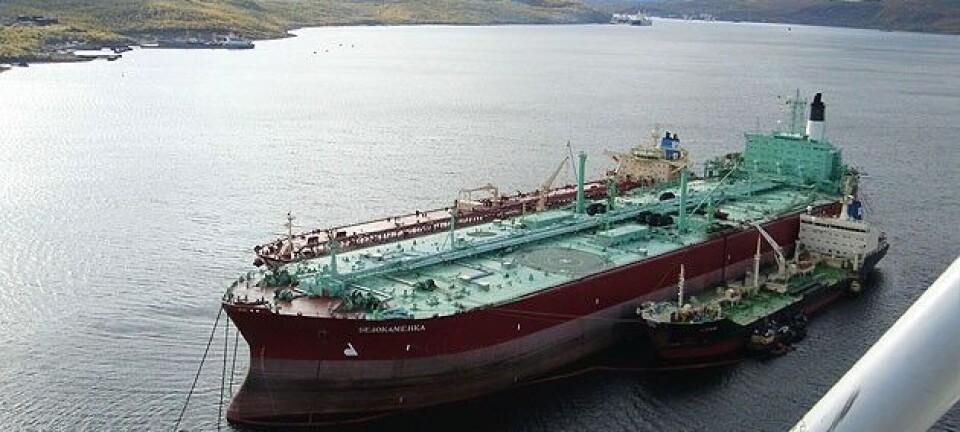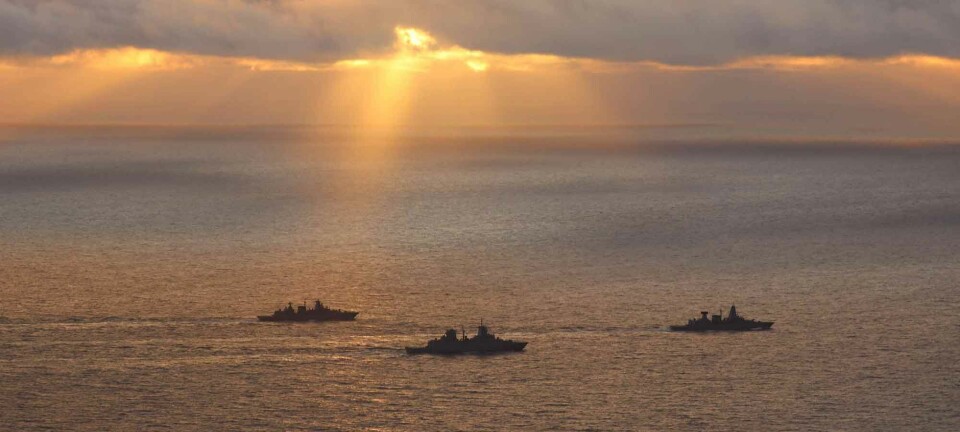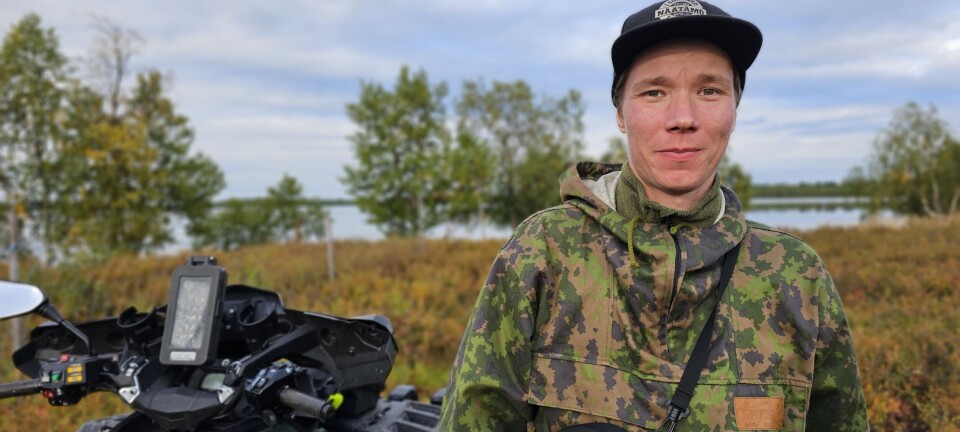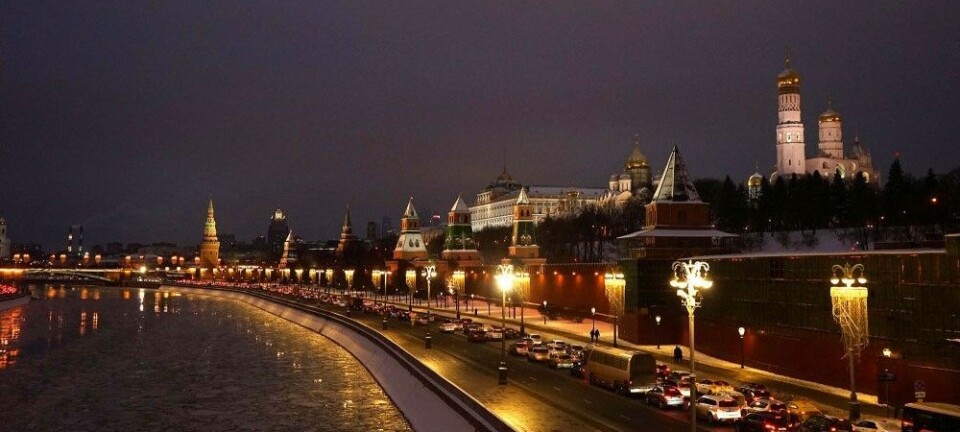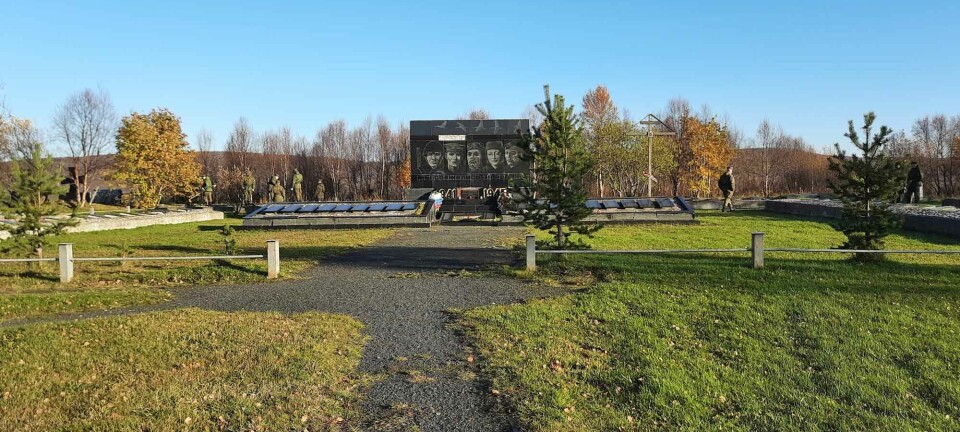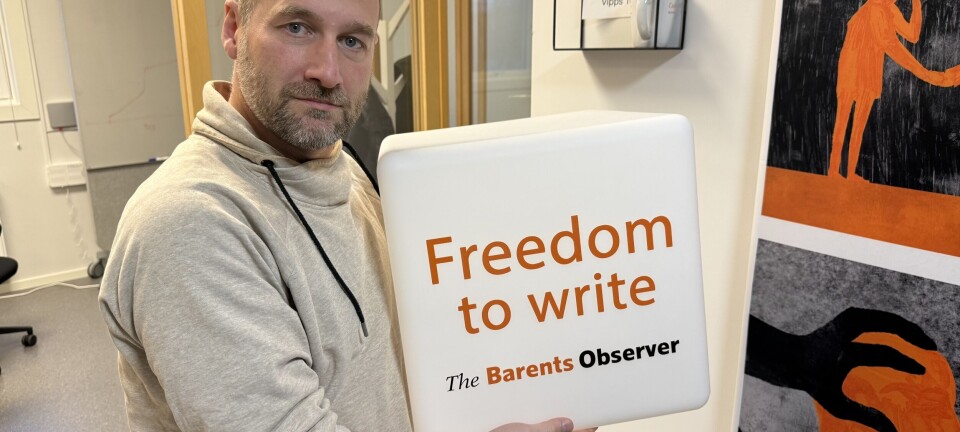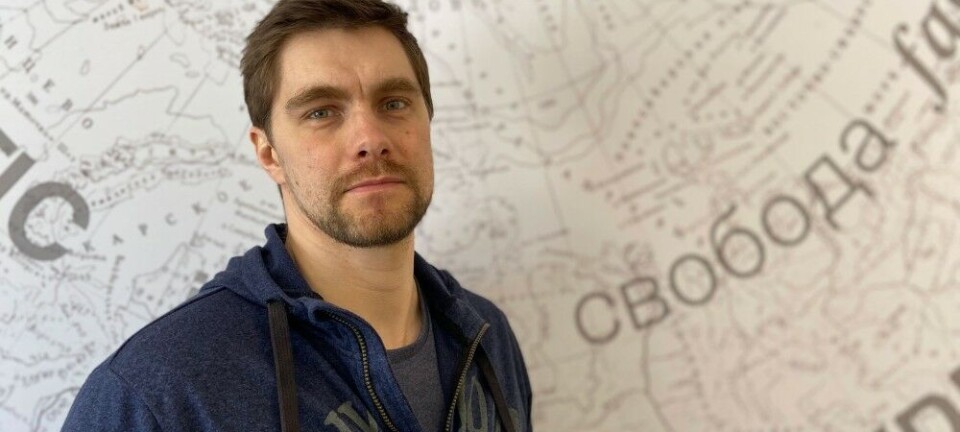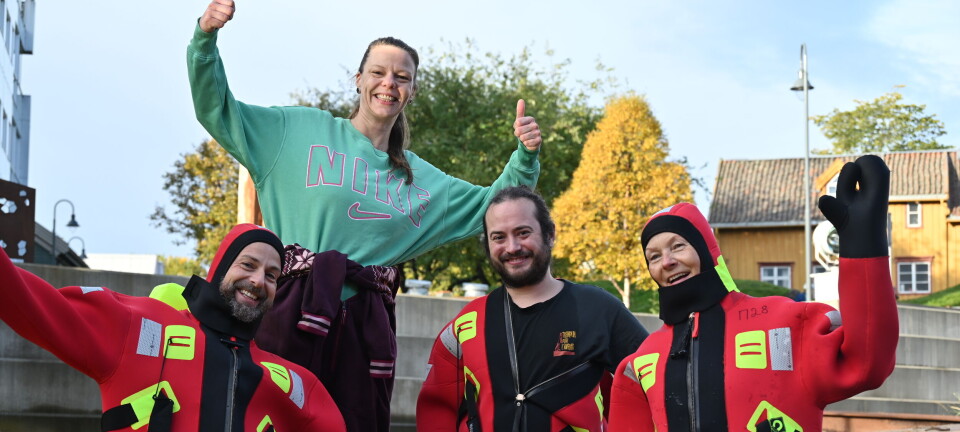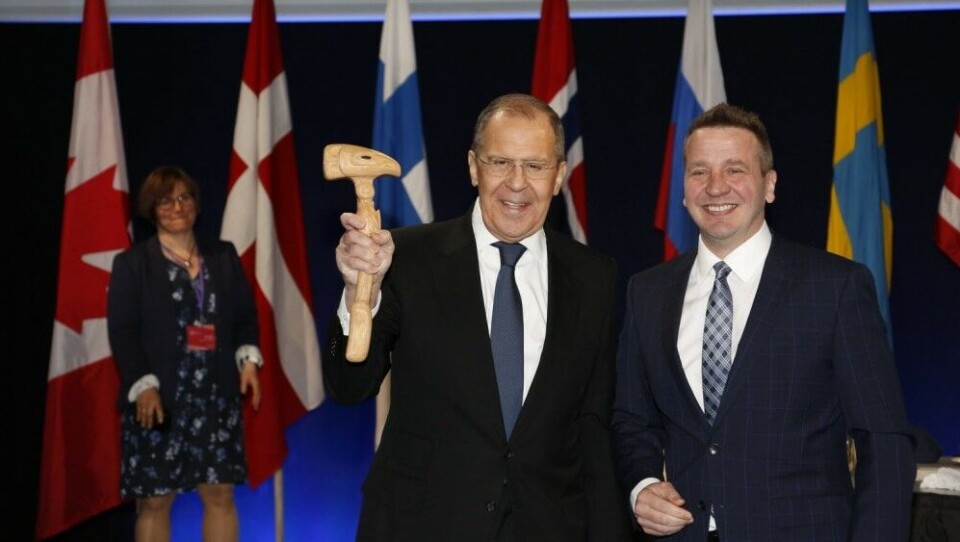
Arctic Council future uncertain with isolated Russia
Nearly 130 of the council’s projects are up in the air, with little desire among member countries to continue cooperating with Russia.
Russian media has reported that Finland and Sweden joining Nato could have long-term impacts on Arctic cooperation.
If Finland and Sweden join Nato, then — with the exception of Russia — all of the remaining seven countries on the Arctic Council will be members of the military alliance.
The other Arctic Council members include the US, Canada, Denmark (Greenland), Norway, and Iceland. All seven nations suspended their participation with the council on March 3, over Russia’s deadly attack on Ukraine.
“It is understandable that a change in the military-political status of these countries would lead to certain adjustments in regards to northern cooperation. Time will tell what the consequences will be,” Russia’s top Arctic official Nikolay Korchunov told Ria Novosti last week.
Russia currently holds the presidency of the council, but in May 2023 that role is scheduled to transfer to Norway.
Finland’s Arctic Ambassador, Petteri Vuorimäki, does not think that Nato expansion will increase tensions within the Arctic Council.
“Issues relating to security are not included in the mandate of the Arctic Council,” Vuorimäki explained.
After the annexation of Crimea in 2014, dialogue with Russia remained open, despite fierce debate. When the council was formed in the 1990s, it was outlined that great power politics should be kept out of Arctic cooperation. This has also been the message that Russia reiterated last week as it tried to court other members back to the table.
Climate crisis in focus
Russia considers Nato a hostile organisation, but Vuorimäki said he hopes this distrust does not spill over into the Arctic Council, which focuses on combating climate change and the rights of indigenous peoples.
“It would be in everyone’s interest that co-operation can continue,” Vuorimäki told Yle.
According to Timo Koivurova, a research professor at the University of Lapland’s Arctic Centre, Russia still has a lot to gain in the Arctic via cooperation, as most of the region, or half of its coastline, belongs to Russia.
“Russia benefits from international laws in the Arctic. For example, the UN Convention on the Law of the Sea protects vast areas of its continental shelf,” Koivurova said.
Koivurova also said that military threats by Russia in the region are more nebulous.
“Sovereignty is quite clear among the Arctic states. It is difficult to outline Russia’s military objectives in the Arctic,” Koivurova clarified.
Stuck for three months
The Arctic Council has roughly 130 projects in the works, tackling climate change, biodiversity, indigenous populations, and sustainable development. None of these projects have seen progress since the member states, except Russia, suspended their participation in the Council in March.
Koivurova believed that the Arctic Council’s co-operation will continue without Russia because these projects address pressing concerns and Moscow was only a fractional participant in many of these projects.
Vuorimäki said there are concerns that the Arctic could be divided between eastern and western spheres with Russia reaping the Arctic for economic benefit while the other members of the Arctic Council work towards a more sustainable future.
There has been speculation over whether China and India will be Russia’s future partners in the Arctic. China has already drilled natural gas on the Yamal Peninsula with Russia’s blessing and the Asian country is also interested in further resource exploration in the region.
However, Koivurova does not think that these fault lines will crack, saying he’s confident that the Arctic Council will bring all of its members to the table at some point.
This story is posted on the Barents Observer as part of Eye on the Arctic, a collaborative partnership between public and private circumpolar media organizations.

